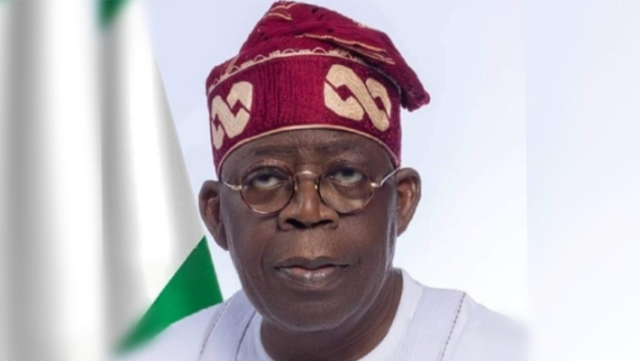Almost four years after obtaining a $3.4 billion loan from the International Monetary Fund (IMF) to address the economic repercussions of COVID-19, Nigeria has now completely repaid the debt and is no longer on the IMF’s list of debtors.
The loan, secured in April 2020 through the IMF’s Rapid Financing Instrument to alleviate the pandemic's economic effects, was fully settled by April 30, 2025.
The repayment journey saw Nigeria’s debt decrease from $1.61 billion in July 2023 to $472 million by January 2025, culminating in the total repayment by April 2025. Following this $3.4 billion repayment, Nigeria has been officially removed from the IMF’s list of debtor nations, which currently includes 91 countries indebted to the organization.
The IMF’s resident representative in Nigeria, Christian Ebeke, confirmed this news on Thursday, mentioning that while the principal amount has been cleared, Nigeria will still make yearly payments of about $30 million in Special Drawing Rights (SDR) fees until 2029.
In addition,Senior Special Assistant to the President on Digital Engagement, Strategy, and New Media, O’tega Ogra, described this milestone as an indication of strategic financial management that aims to position Nigeria for a successful future.
He also emphasized that this success is a reflection of the fiscal reforms and discipline established under President Bola Tinubu’s administration.
While Nigeria’s removal from the IMF debtor list is a noteworthy advancement, the country plans to maintain engagement with the IMF and other international partners in a more strategic and partnership-focused manner.
Analysts believe that this development may lead to an improved credit rating for Nigeria, reduced borrowing costs, and heightened investor confidence.




















